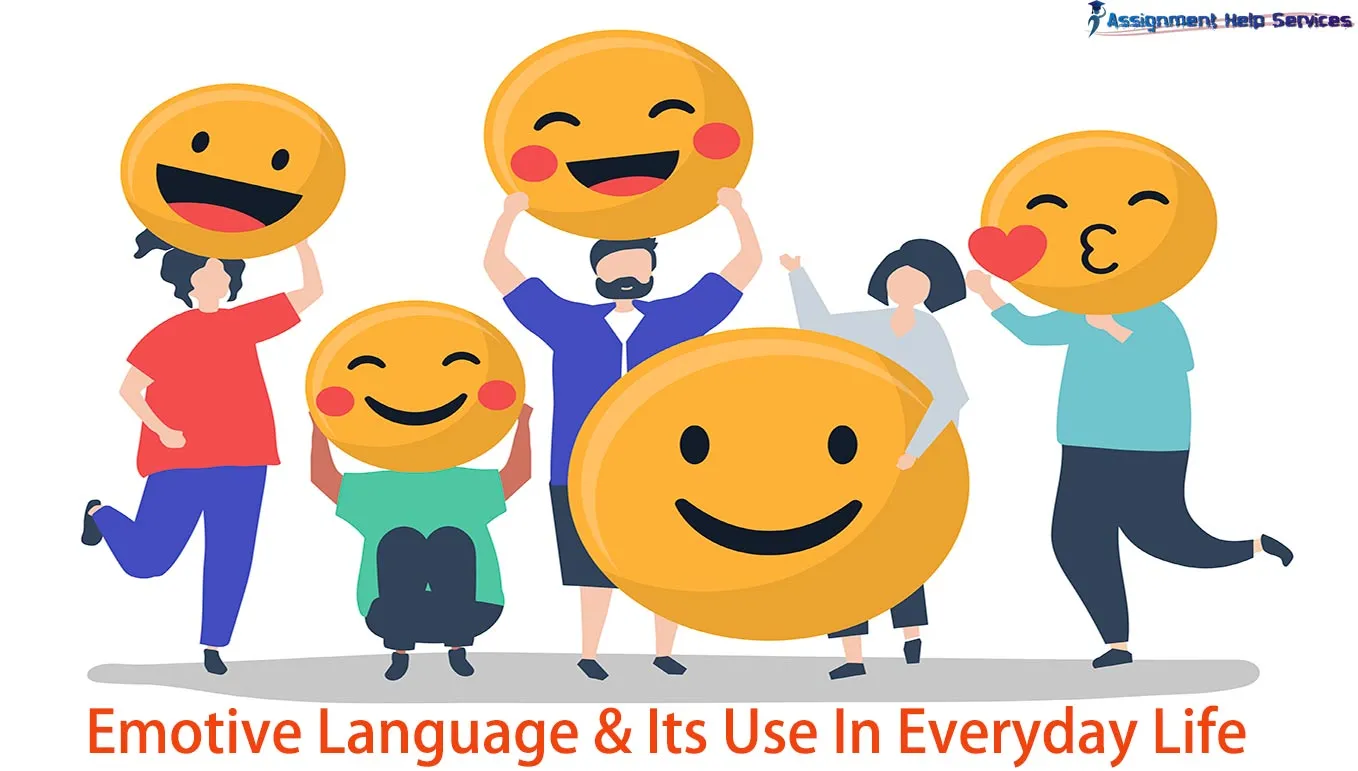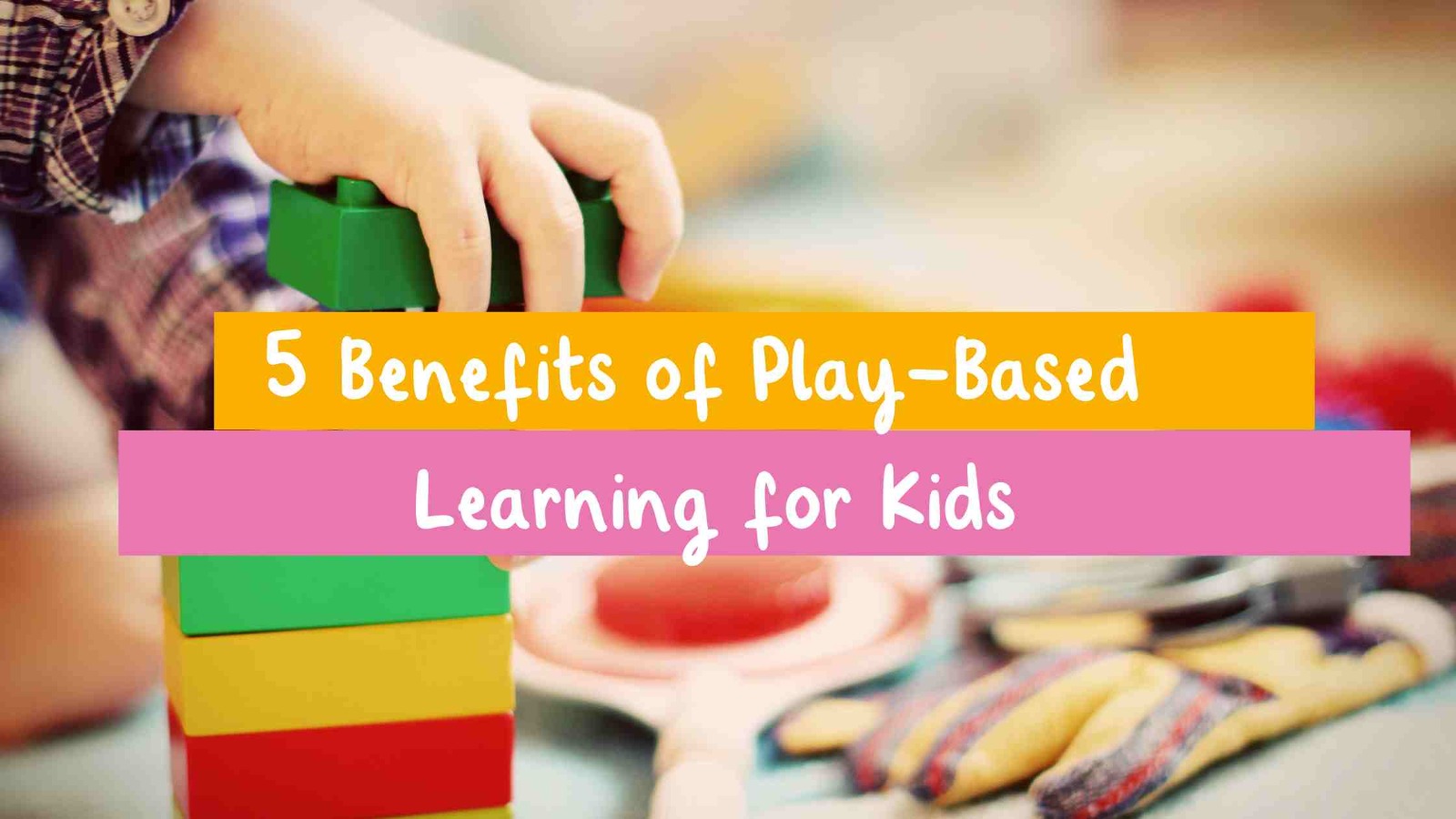Emotive Language And Its Use In Everyday Life
Emotive language Meaning
Emotive language is a compilation of sentences, words, or phrases intended to evoke an emotive reaction in the reader or listener. The speaker or writer typically employs such type of terminology or wordings to render their viewpoint seem agreeable. Dramatic, magnificent, triumphant, magnificent, and as well as other emotive adjectives are commonly implemented.

Once we go by the preceding study, we can conclude that emotive language has both types of impacts whether it is beneficial or bad on our interpersonal relationship. If we like a person, we say things like “life is beautiful or magical” and this is assisting us to form a solid bond with them. When we are angry, however, we initiate or start shouting things like” I feel squeezed up in this type of relationship or bond,” feel squeezed up in this type of relationship or bond,” feel squeezed up in this type of relationship or bond,” and as a consequence, we can conclude and say that individuals deploy inflammatory language (emotive) in both negative and positive circumstances. Positively it assists or aids the relationships more strongly and when used adversely it evokes a powerful reaction that really can damage or destroy any relationship.
When a helpless animal is compelled to perform or work in the fear of being killed by someone then it should be startled or shocked. Mankind is indeed an animal and other species like a human, like living beings (humans) have had the right to live. Nevertheless, people inflict pain on some other creatures for their pleasure. Human beings gain and pleasure themselves through abusing or exploitation of others. They are brutally confined or imprisoned and secluded from their surroundings. Animals are mistreated just for the sake of entertainment, pleasure and the most important thing is money or profit.
Emotive language is a language that is intended or supposed to evoke an emotional reaction from the listener- positive, negative, and occasionally purposefully neutral to the topic or subject (idea or issue) being conveyed. Emotive language is a term that refers to the word or phrase that creates variation in the feeling of a sentence through eliciting a particular emotional response from the reader or audience. Emotive language is a frequently used style of language or a language technique, not only because it is persuading or compelling, but because it happens spontaneously in normal or day-to-day conversation.
Types of Emotive language with Examples
- Connotative language: This refers to words or phrases that carry a specific emotional or cultural meaning, beyond their literal definition. For example, the word "home" might evoke feelings of warmth and safety, while the word "prison" might evoke feelings of confinement and oppression.
- Figurative language: This refers to language that uses figures of speech, such as metaphors, similes, and personification, to create an emotional effect. For example, the metaphor "love is a rose" might evoke feelings of beauty and fragility.
- Hyperbole: This refers to exaggerated language that is used to create a strong emotional effect. For example, the phrase "I'm so hungry I could eat a horse" uses hyperbole to convey a strong sense of hunger.
- Rhetorical questions: This refers to questions that are asked for effect, rather than to elicit an actual answer. Rhetorical questions are often used to create an emotional effect by encouraging the listener or reader to consider a particular issue or idea.
- Loaded words: This refers to words that are chosen specifically for their emotional impact, rather than their literal meaning. For example, the word "murder" carries a strong emotional connotation, while the word "kill" does not have the same impact.
Examples of Emotive language in day to day (everyday life)
Emotive or emotional language is not only used in literature or academic writing. It is also used or utilized in everyday conversation.
Most of the time, headlines of the news also use emotive or passionate language to hook or entice the target audience or readers.
Examples of the Emotive language of everyday communication
- In Downtown Toronto, an unsuspecting or an innocent eyewitness was brutally killed. This sentence shows or explicit the emotive language in the terms of “Killed” or “innocent”.
- An adolescent girl was abused by a monster type of a man. The emotive language in this statement is the “monster”, “adolescent” or abused.
- The helpless individuals were molested in the middle or dead of the night. In this sentence, the emotive language is “molested,” “helpless,” “dead of the night”.
In each case or example, emotional words are not designed to interact or communicate a fact. This language, on the other hand, evokes an emotional reaction or response from the recipients (audience)




